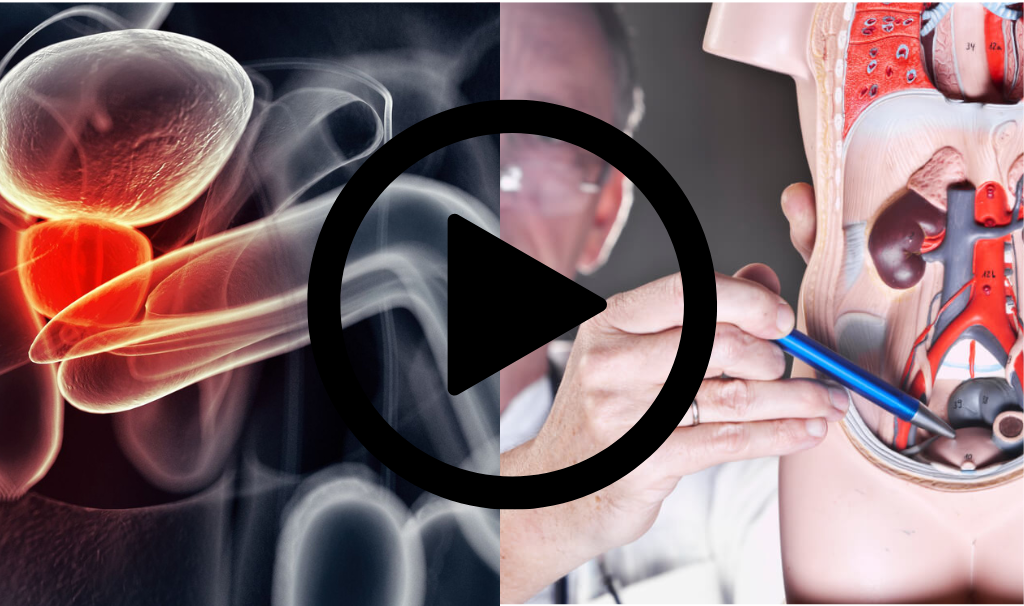The NASA-Inspired Ritual That Could Transform Prostate Health — A 15-Second Habit They Didn't Want You to Discover
3 NASA-inspired micro-habits revealed in this short video could help reduce urinary discomfort and support long-term prostate health.
🚨 “What if everything you’ve been told about your prostate… was a lie?”
For years, maybe you’ve been told:
✖️ “It’s just part of getting older.”
✖️ “Your testosterone is to blame.”
✖️ “Surgery is your only option.”
But deep down… does that feel right?
If you’ve felt the burning discomfort when you try to go…
If you’ve woken up in the middle of the night, frustrated, standing there… waiting…
If you’ve felt that shameful leak at the worst possible moment…
Then you deserve to know the truth.
A recent Harvard discovery uncovered something shocking:
It’s not your age…
It’s not your hormones…
It’s something far more sinister:
“Toxic mineral spikes” silently growing inside your prostate — fed by everyday tap water.
These invisible “prostate daggers” can:
→ Tear into your bladder, causing that unbearable burning
→ Trap your urine, forcing your prostate to swell until it feels like there’s no relief
→ Lead to those humiliating moments when you lose control
And even if you’re not yet experiencing all of this…
👉 Taking care now could be the difference between maintaining your quality of life — or facing these problems in the future.
No man wants to wake up one day and realize it’s already too late.
But here’s what no one told you:
A renegade NASA engineer discovered a 15-second ritual — originally designed to keep astronauts healthy in space — that can:
✅ Dissolve these toxic spikes in less than 48 hours
✅ Restore your natural flow — no pills, no surgeries, no shame
✅ Shrink your prostate by over 60% in just days
They don’t want you to know this.
The pharmaceutical giants are losing $28,000 per patient.
But right now, while you still can…
👉 Watch the short video that reveals this simple solution before it’s gone.
Your comfort, your confidence, even your manhood — it all starts with this one decision.
Based on Harvard’s Project Hydra. Results may vary.
